Well, the news isn't so great out of Bali. A lot of bickering is happening, which was to be expected.
Reuters: There is a side bill (32 nations) to cut tariffs on green products -- namely wind power equipment and solar panels. Developing nations are upset that this will just allow wealthy countries to export more easily and cheaper. The bill is meant to make these green technologies more affordable for everyone. Anyway, Brazil is upset because it doesn't include biofuels. Biofuels are highly debated as many believe sugar, corn etc. that was being used to feed people are being used for fuel, which will contribute to world-wide hunger numbers.
From this same article:
"On Saturday, a draft proposal at the U.N.-led talks said all nations must do more to fight climate change, and rich countries must make deep cuts in emissions to avoid the worst impacts. The four-page draft, written by delegates from Indonesia, Australia and South Africa as an unofficial guide for delegates, said developing nations should at least brake rising emissions as part of a new pact."
The Financial Times had a good article on the China/India question. "In a report last month, the UN Development Programme said developing countries should cut their emissions by 20 per cent by 2050, while rich countries should cut theirs by 80 per cent in the same time." Neither country wants mandatory restrictions, but China is willing to work with other countries to curb it emissions and has already implemented some measures to curb their growing emissions. India is adamantly opposed, arguing that this is a problem caused by the developed countries and they should have all the responsibility to fix it. This is an understandable argument, but most climate scientists agree that at this point everyone has to work on their emissions or we will not be able to curb the decent into serious climate change. Since most agree we are already seeing the results of climate change, now is a time for action not blame. Not to mention it is in India's best interest (as they will be critically hurt by the melting of the Himalayans) to start working on this issue.
In this same article, Ban Ki-moon, the UN secretary-general, said the world should stop looking at climate change as an environmental problem and look at it as a development problem:
Mr Ban added that technologies exist to help countries cope with climate change "but what is missing now is political will". He also said world leaders need to think beyond their own narrow national interests.
And if all this bickering isn't enough, many are pointing out that climate change will contribute to world-wide strife in the future (if it isn't already). For at least 10 years environmentalists have been saying the next big wars will be fought over water; we can probably extend this to land (although, I guess, war is usually fought over land).
"It is not far-fetched to begin to see growing tensions; not far fetched to think climate change will globally have a destabilising effect," said Achim Steiner, Executive Secretary of the UN Environment Programme (UNEP), who drew a scenario in which countries heavily affected by climate change would blame those not seen as doing enough to cut emissions.
This article goes on to say the expected problems for various regions in the world. Sri Lanka isn't listed, but I can tell you that rising ocean levels and increased cyclones are in the future. Our agriculture in the U.S. will be devastated and Florida, NYC, New Orleans and several other beloved locations will be under water.
Side note: Indonesia has adopted a plan to protect the remaining orangutans. I'm not sure how they can do that while still promoting the use of palm oil. I guess we'll see.

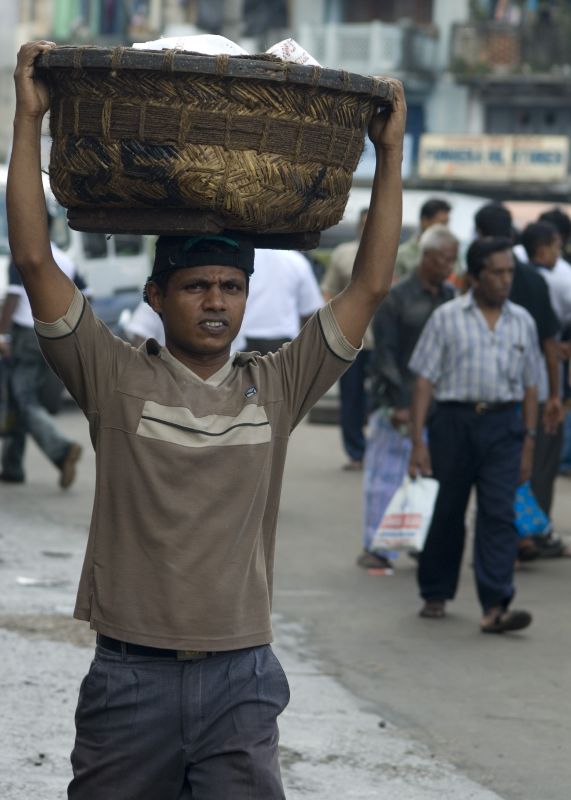















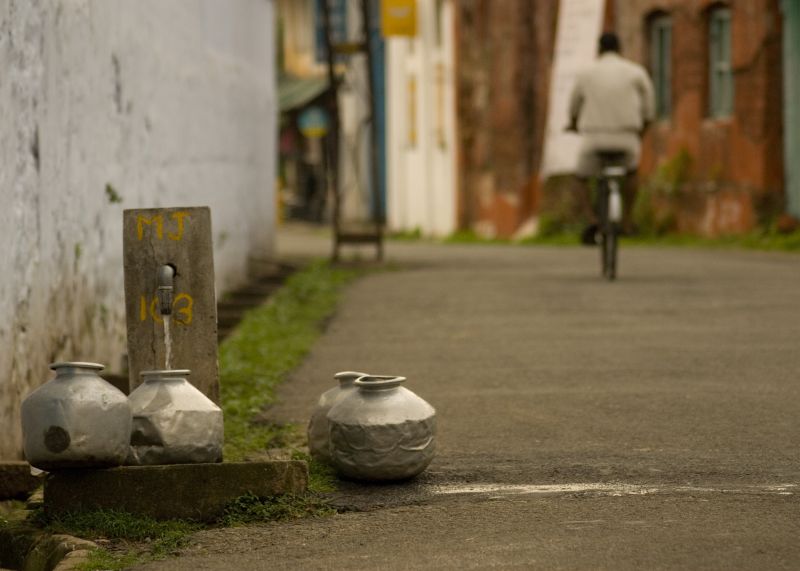









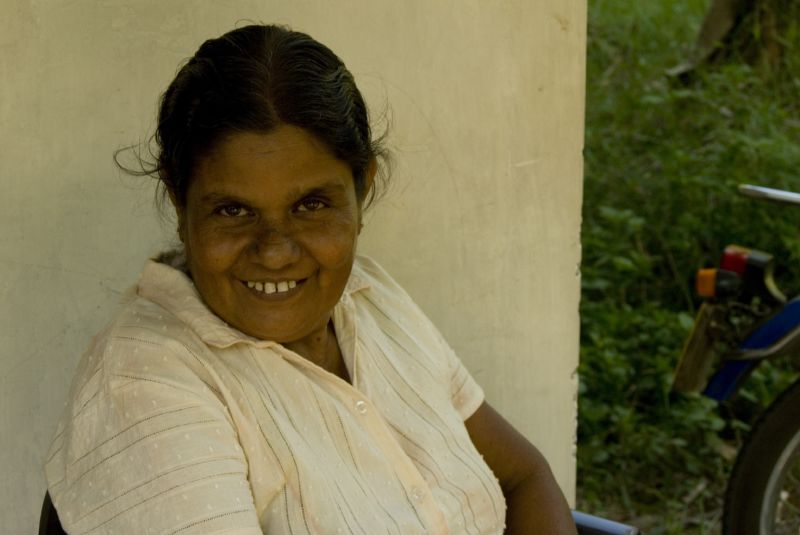
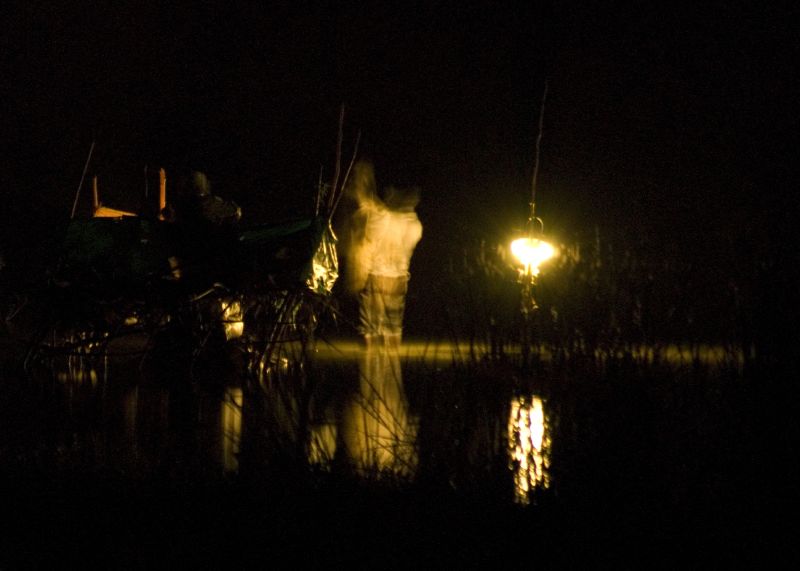






























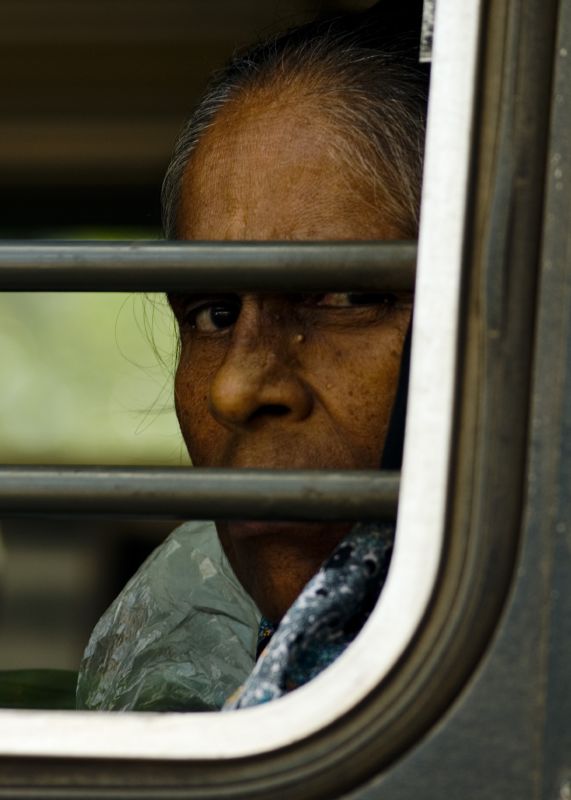


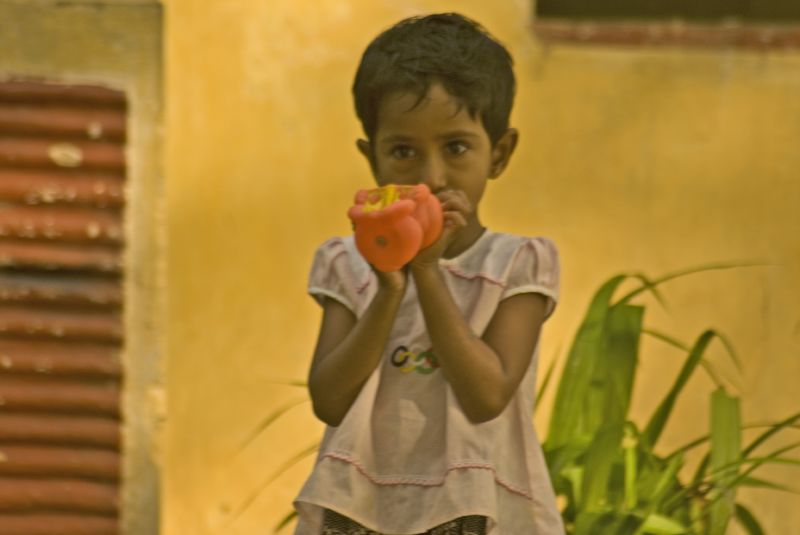











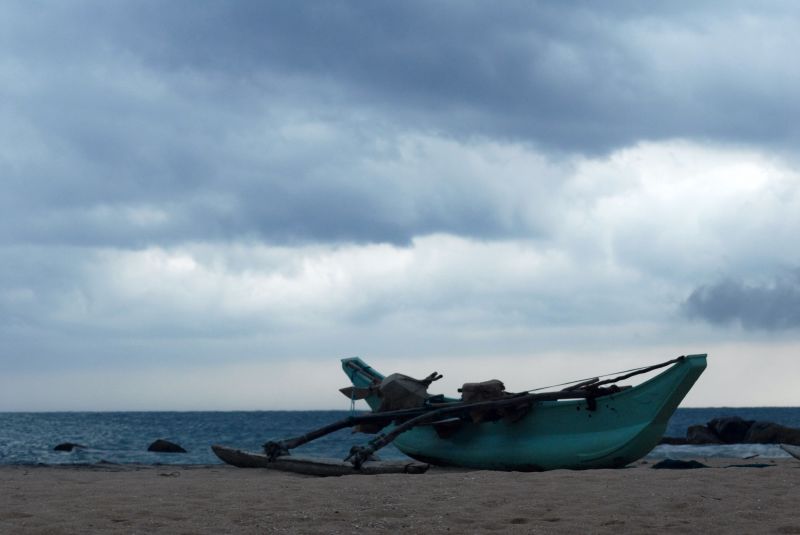





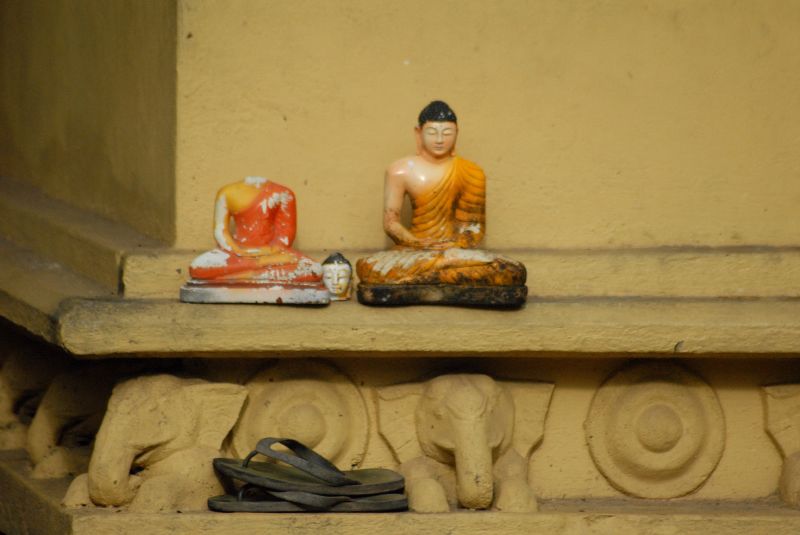


No comments:
Post a Comment